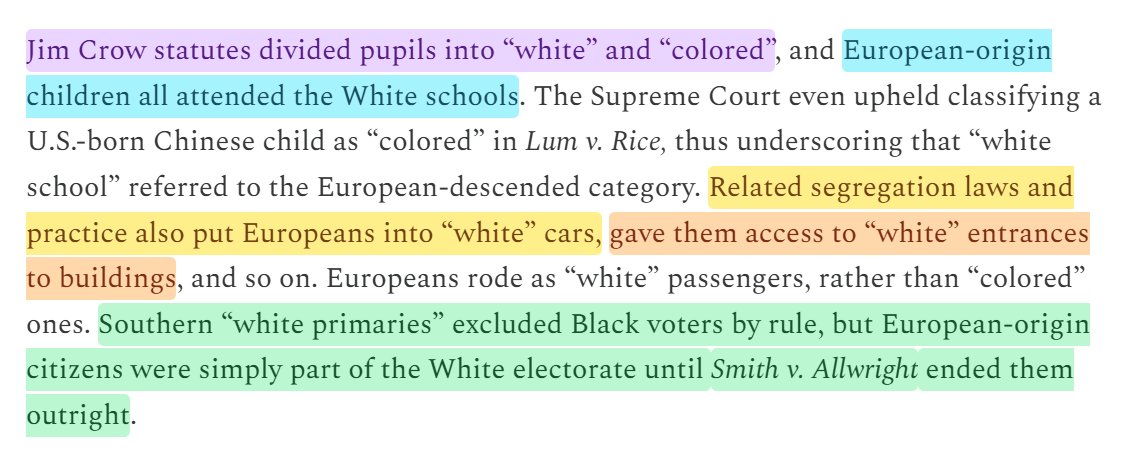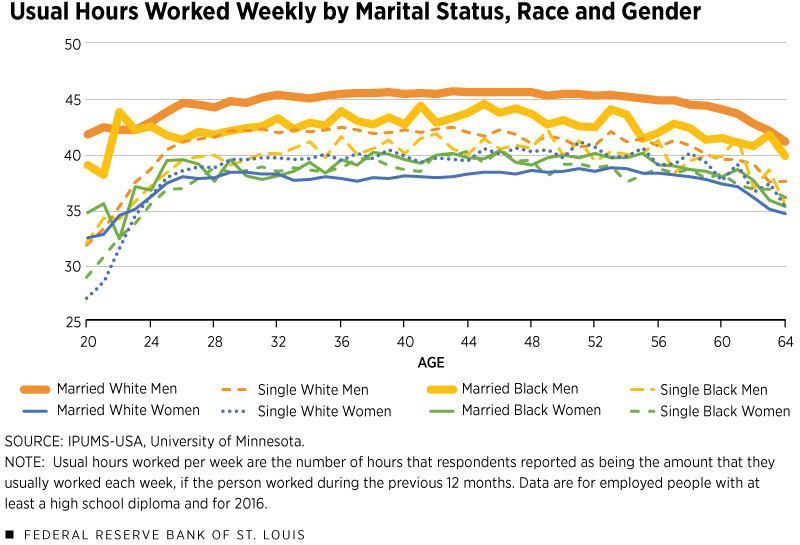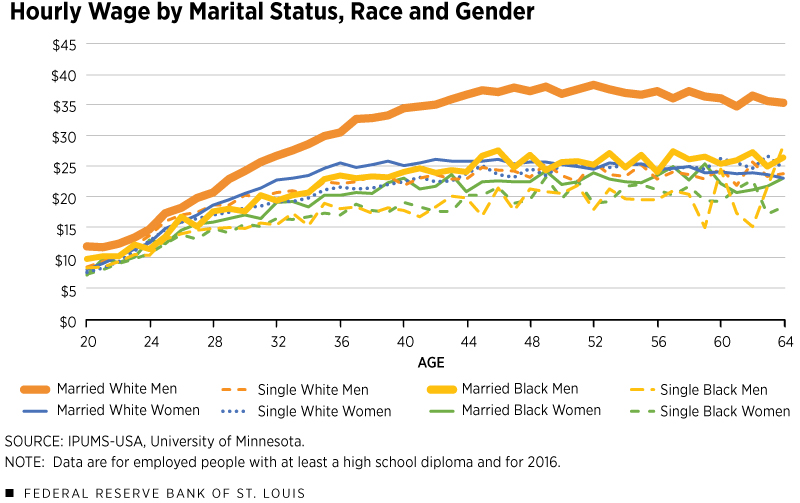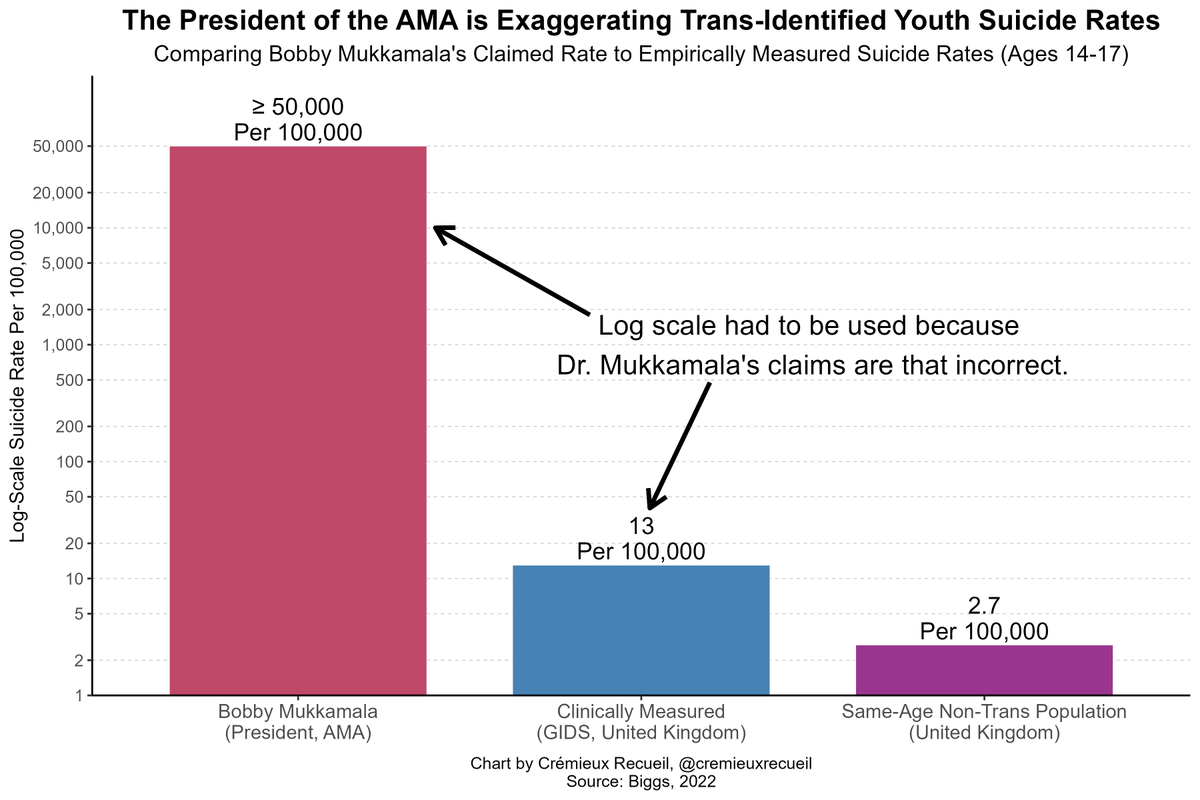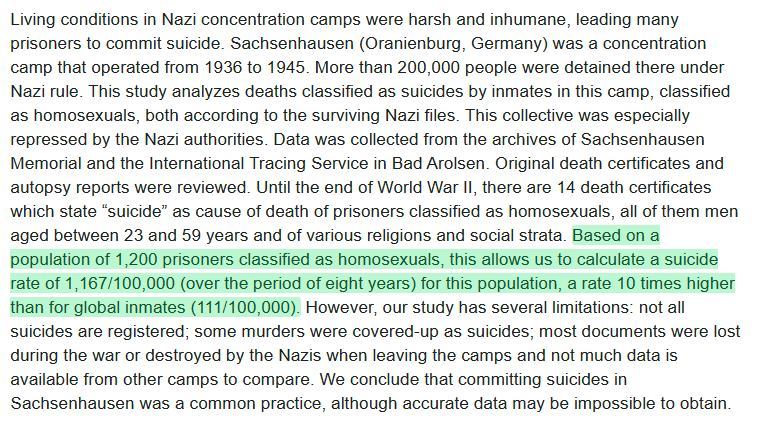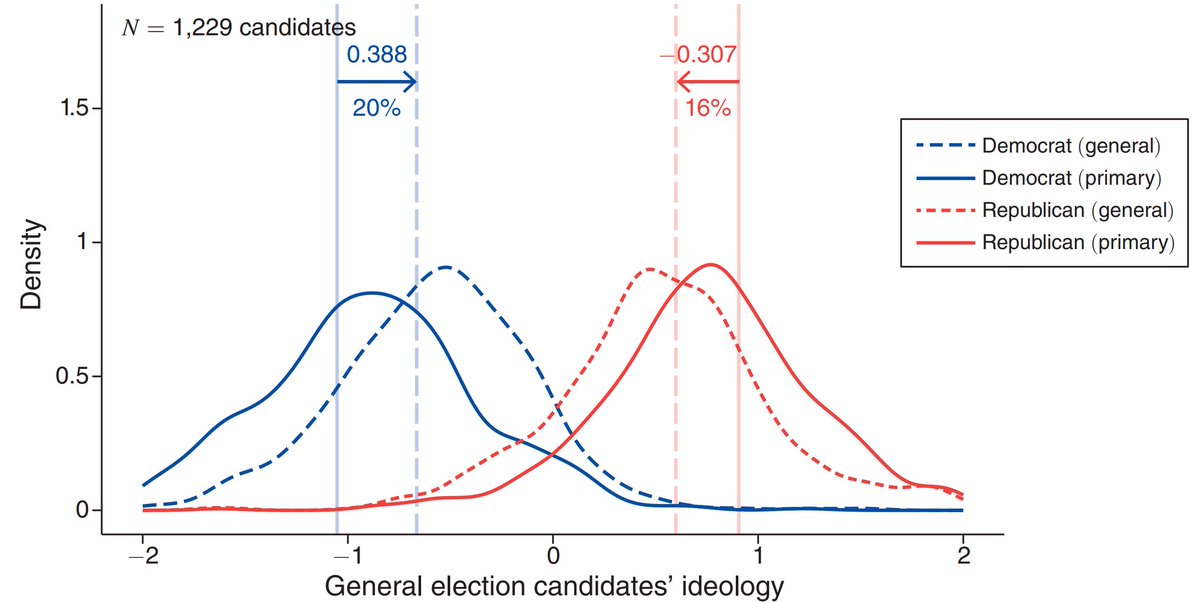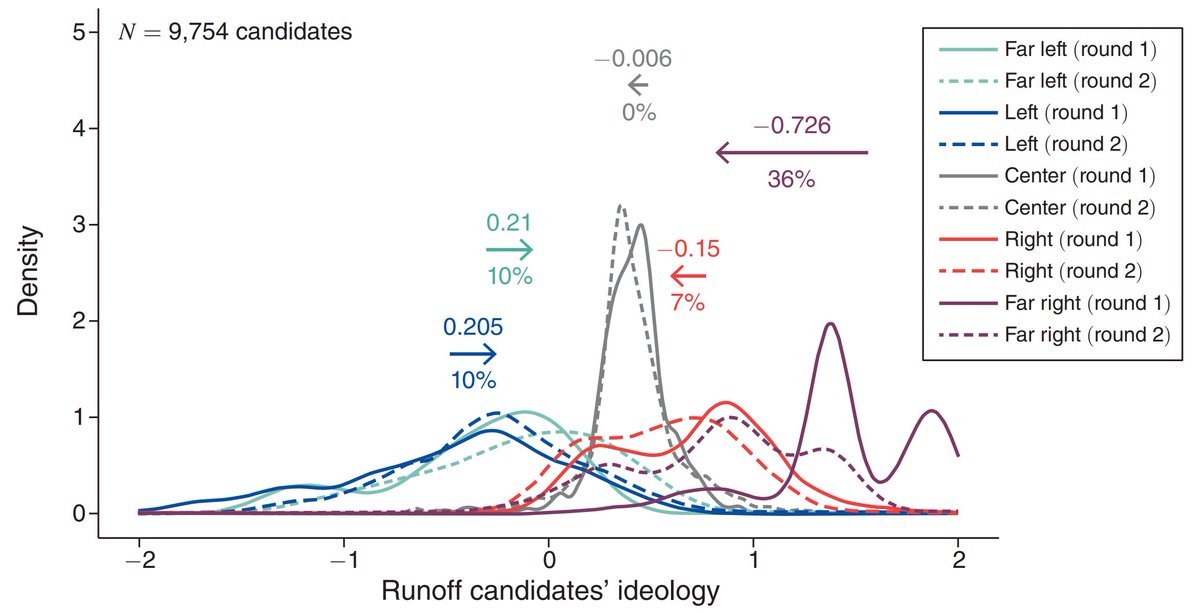Retatrutide is more effective at generating weight loss and other benefits for the people who take it, but there does seem to be a cardiac safety signal.
This could potentially be important *for people who have preexisting atrial fibrillation and CVD.*
This could potentially be important *for people who have preexisting atrial fibrillation and CVD.*
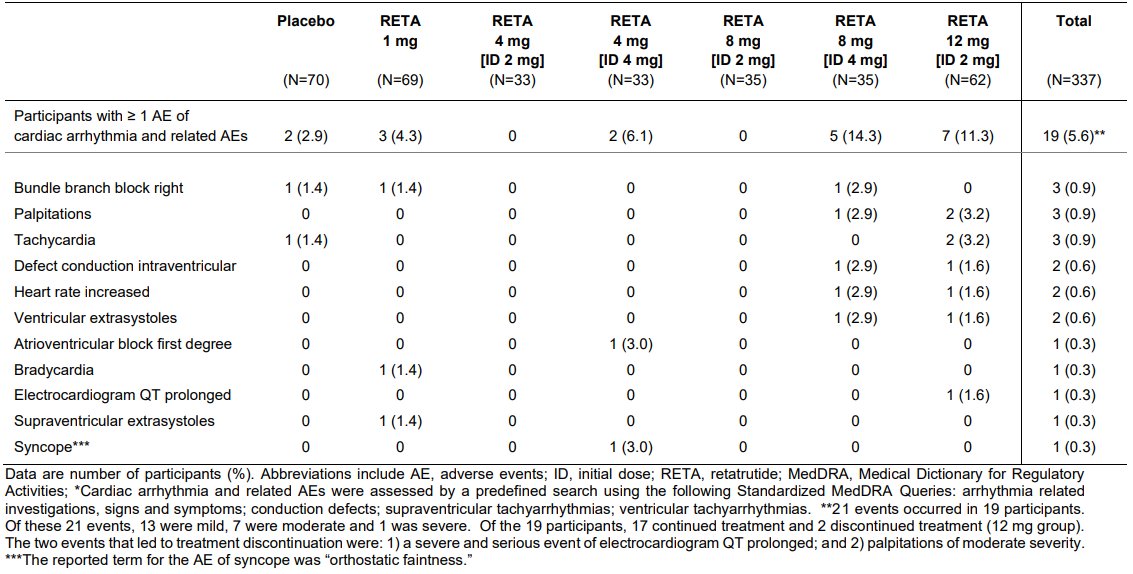
Keep in mind, only one of these events became serious and the rest just passed: "Reported cardiac arrhythmias were mild to moderate in severity with the exception of one severe adverse event."
The reason for this signal seems to be a dose-dependent increase in heart rate.
The reason for this signal seems to be a dose-dependent increase in heart rate.
Increasing heart rate could help to explain the added benefits of the drug for weight loss.
But I have doubts. Why? Because the heart rate increase was linearly dose-dependent, but weight loss tapped out at 8mg.
But I have doubts. Why? Because the heart rate increase was linearly dose-dependent, but weight loss tapped out at 8mg.
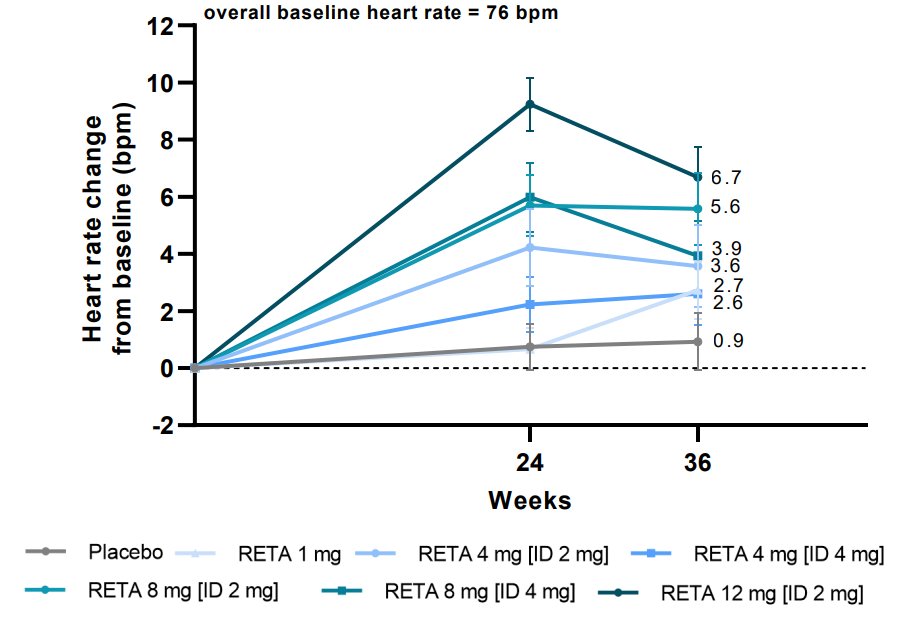
For almost everyone, this should be no big deal, but if you have a history of heart problems, maybe consider using a GLP-1RA product that does not contain glucagon, like semaglutide or tirzepatide.
Those drugs reduce arrhythmia risk and cut the incidence of MACEs immediately:
Those drugs reduce arrhythmia risk and cut the incidence of MACEs immediately:
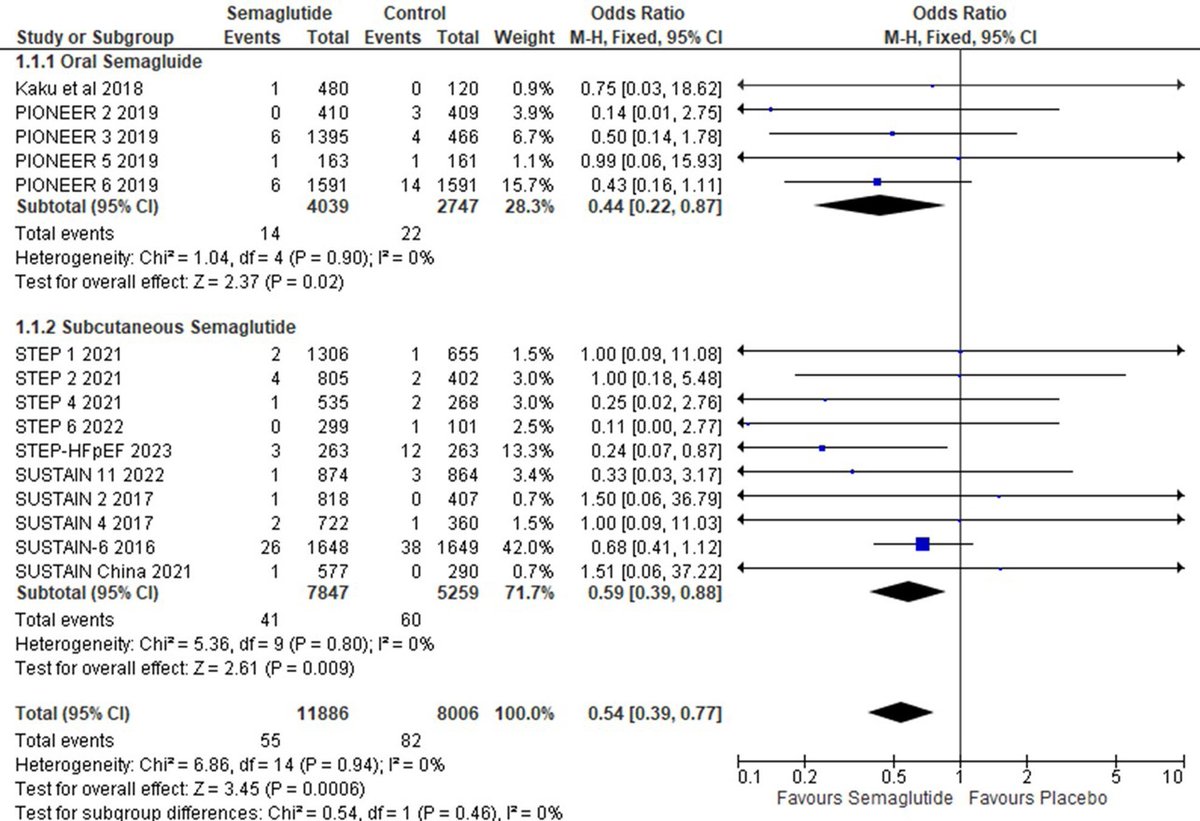
The hint that this is due to glucagon and not GLP-1R or GIPR agonism comes from sources like
- Trials of those drugs, showing reduced heart rates with weight loss (same scale as with non-pharmacotherapy approaches)
- A trial of the GLP-1RA/GCGN drug Mazdutide:
- Trials of those drugs, showing reduced heart rates with weight loss (same scale as with non-pharmacotherapy approaches)
- A trial of the GLP-1RA/GCGN drug Mazdutide:
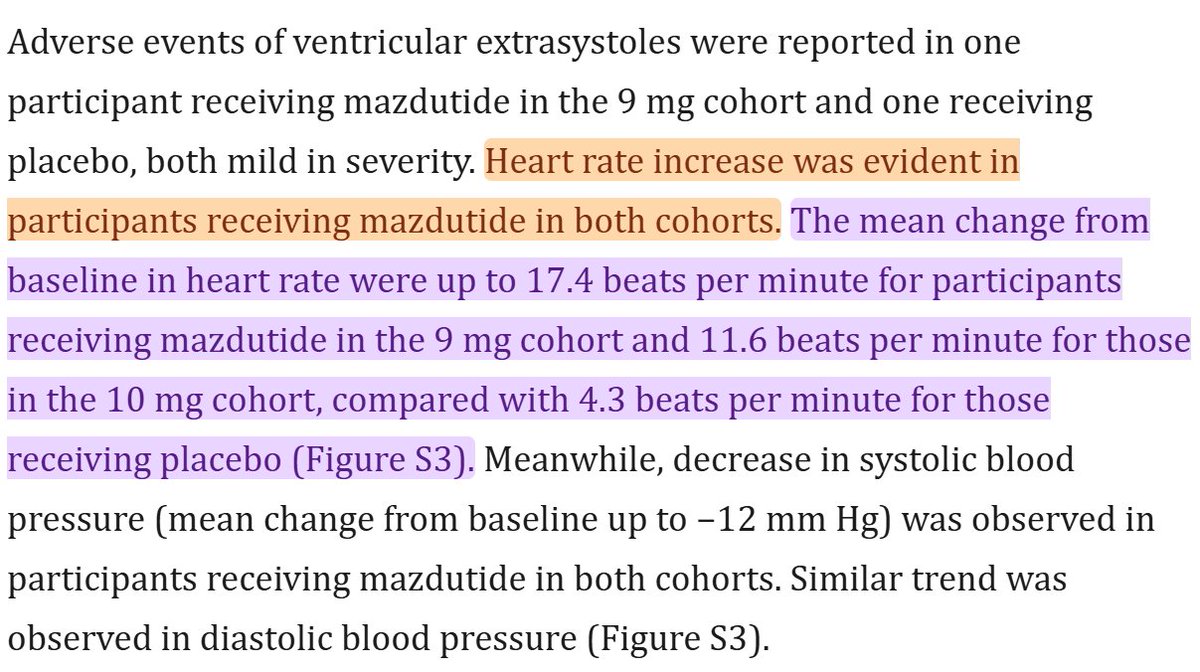
To recap:
There might be a rare issue with GLP-1RA-GCGN products
It's probably nothing to worry about if you have a healthy heart, but if you have a history of heart issues, maybe look elsewhere, and as always, the default advice is: consult your doctor before starting any drug
There might be a rare issue with GLP-1RA-GCGN products
It's probably nothing to worry about if you have a healthy heart, but if you have a history of heart issues, maybe look elsewhere, and as always, the default advice is: consult your doctor before starting any drug
Sources:
nejm.org/doi/full/10.10…
academic.oup.com/eurheartj/arti…, jacc.org/doi/10.1016/S0…, nejm.org/doi/full/10.10…
pmc.ncbi.nlm.nih.gov/articles/PMC95…
nejm.org/doi/full/10.10…
academic.oup.com/eurheartj/arti…, jacc.org/doi/10.1016/S0…, nejm.org/doi/full/10.10…
pmc.ncbi.nlm.nih.gov/articles/PMC95…
• • •
Missing some Tweet in this thread? You can try to
force a refresh





